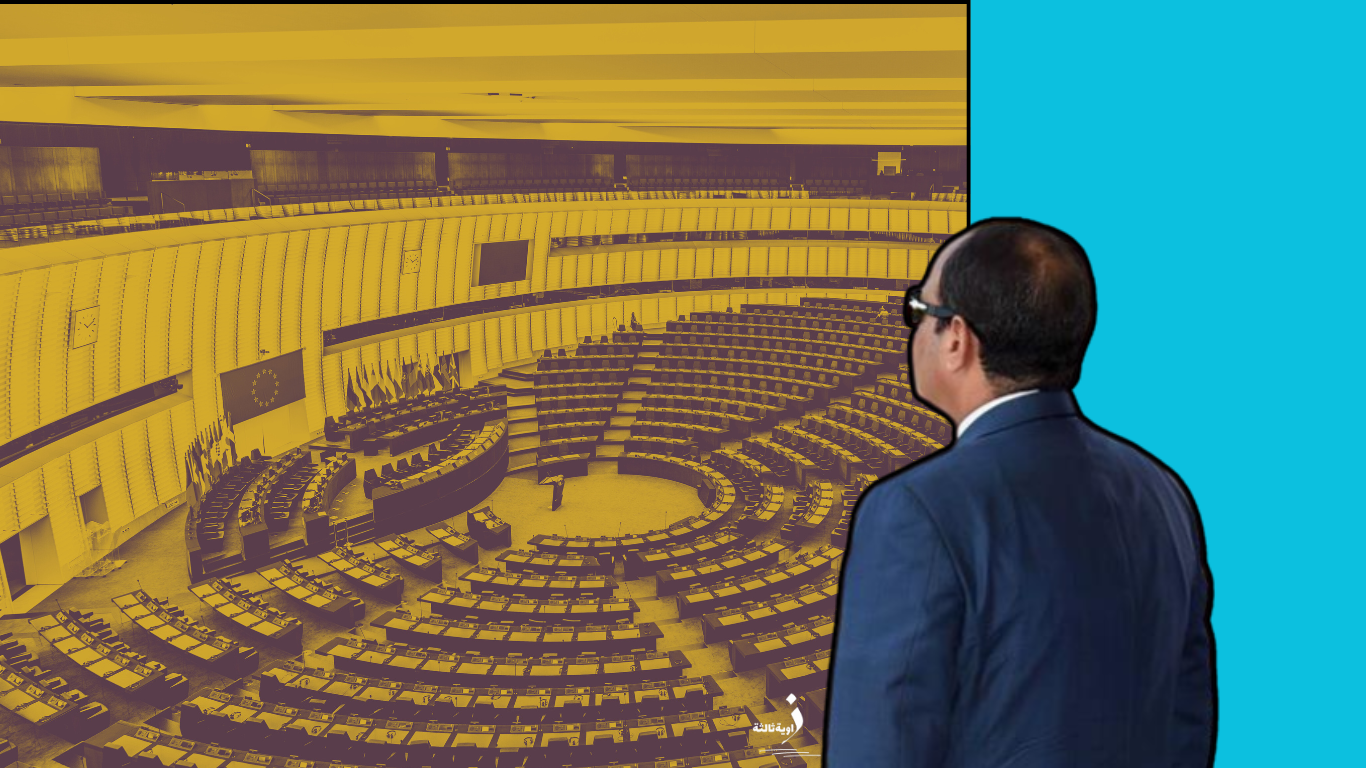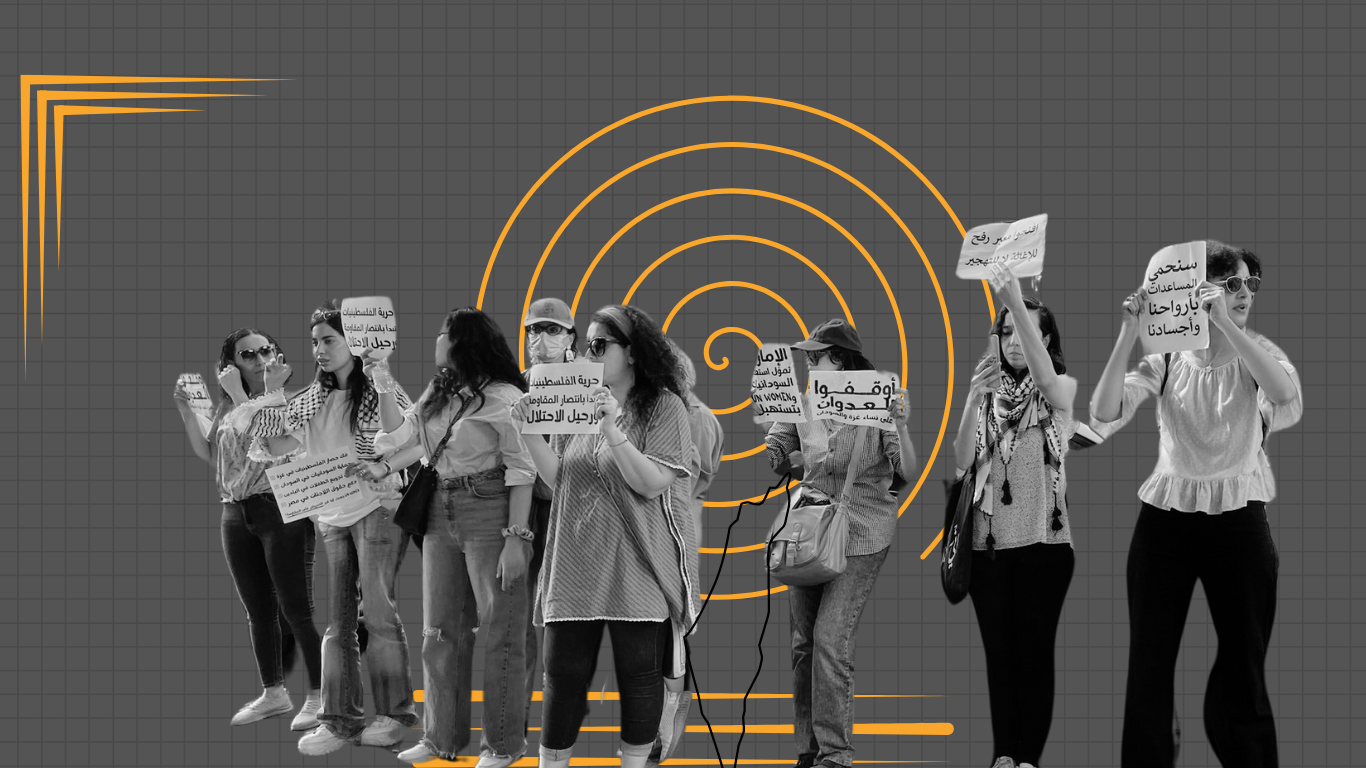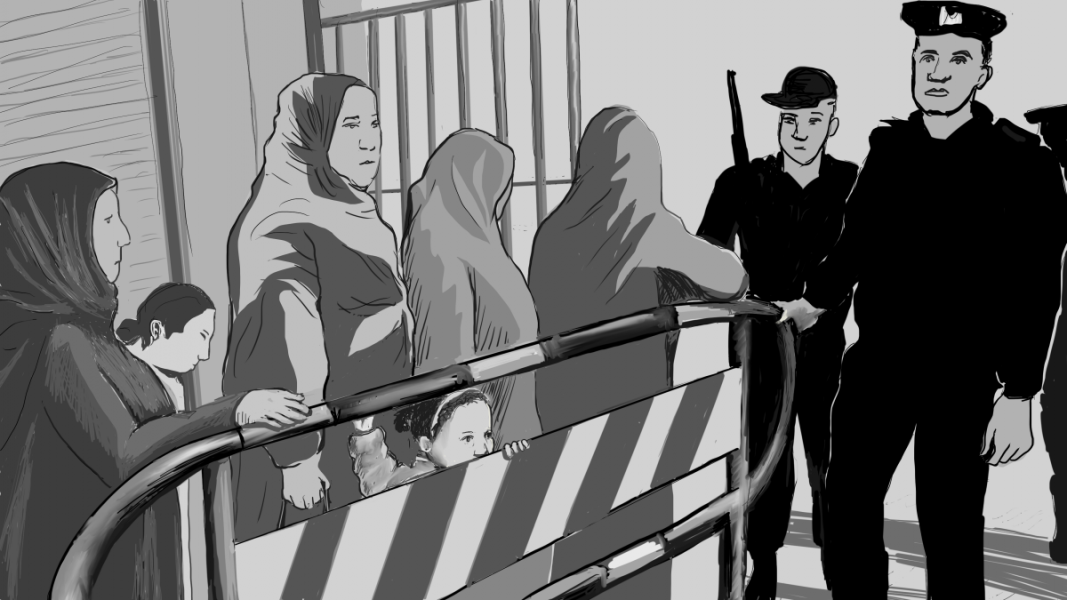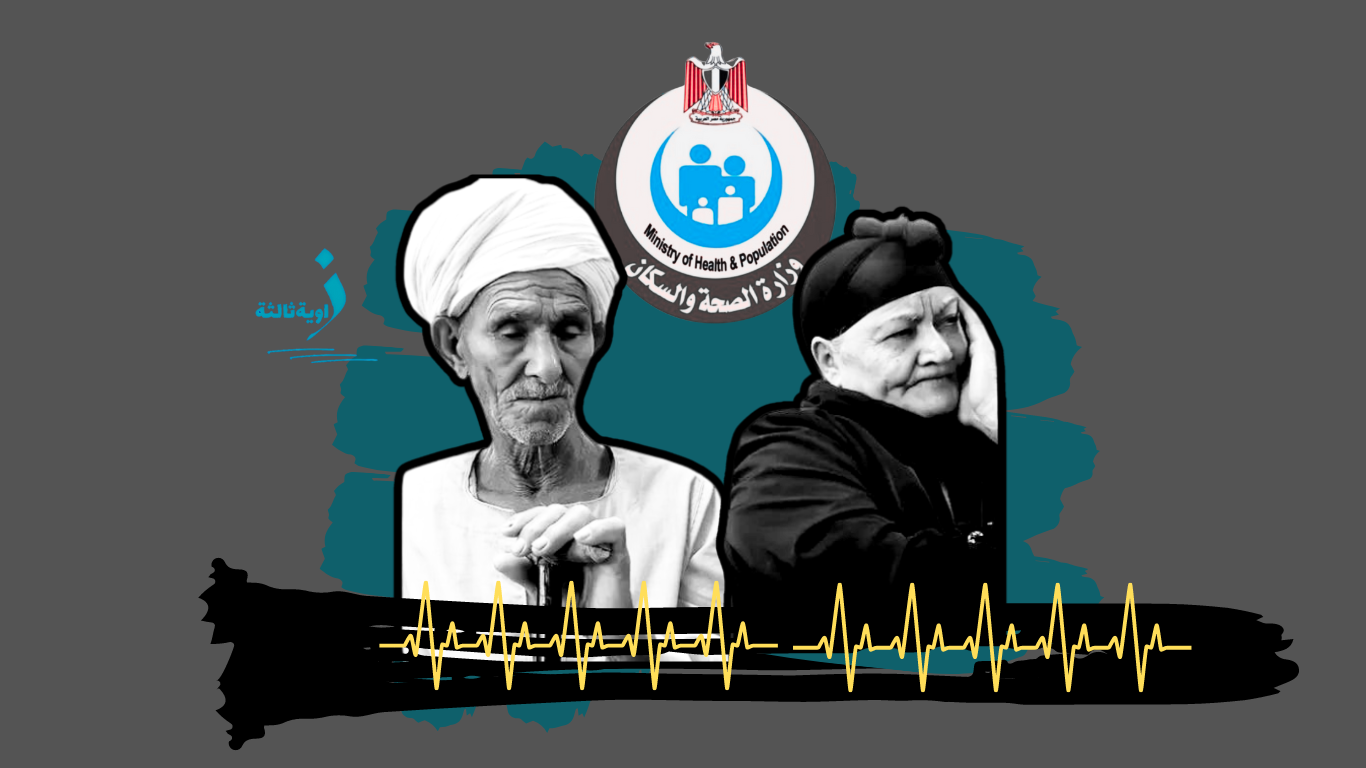The preliminary indicators of the vote count in the Egyptian Bar Association elections, which began yesterday morning, Saturday, showed the victory of the current president, Abdel Halim Allam, for a new term ending in 2028, with a significant margin over his closest competitor, former president Sameh Ashour, known for his proximity to the authority.
Voting began at nine o’clock on Saturday morning for the position of the general president and membership of the Bar Association council. All seats allocated for the membership of the Bar Association council, totaling 28 seats, with three seats allocated to legal departments, and 25 seats distributed among the eight courts of appeal nationwide. In the elections, 15 candidates competed for the position of president, and 253 candidates for membership seats; including 30 candidates for the legal departments, 115 candidates for the Cairo Court of Appeal seat, 19 candidates for the Tanta Court of Appeal seat, 21 candidates for the Mansoura Court of Appeal seat, 16 candidates for the Alexandria Court of Appeal seat, 10 for the Ismailia Court of Appeal seat, 18 for the Beni Suef Court of Appeal seat, 17 for the Assiut Court of Appeal seat, and 7 for the Qena Court of Appeal seat.
Voting took place within 488 committees at the governorate level, at the headquarters of the General Bar Association in Cairo and its 37 branch associations. According to data announced on the official website of the Egyptian Bar Association, the number of registered names in the voter lists reached 322,152 lawyers. Fourteen candidates, including the current president Abdel Halim Allam and former president Sameh Ashour, competed for the position of Bar Association president, while 253 candidates competed for the seats allocated for council membership.
The Administrative Prosecution was tasked with judicial supervision of the elections, with a senior judicial committee chaired by Counselor Mohamed Abdel Moeaty, Deputy Chairman of the Administrative Prosecution Authority.
After midnight, the campaign of the current president Abdel Halim Allam – the candidate in the new cycle of Bar Association elections – announced the victory of its candidate for the position of general president. The campaign stated in a statement: “According to our delegates in all polling stations, and after monitoring all the results of the committees and compiling them, it became clear that our candidate won the general president position by a significant margin exceeding six thousand votes over his closest competitors.”
Who is Abdel Halim Allam?
Abdel Halim Allam held several leadership positions within the Alexandria Bar Association before assuming the chairmanship of the legislative committee in the People’s Assembly in 2010. He was then elected as the president of Alexandria Lawyers Syndicate from 2012 until 2016, then re-elected and won a new term in 2021. He served as the general coordinator of the Syndicate Reform Front in the elections that ended with the victory of the late Bar Association President Ragai Attia, who passed away before completing his term. Allam then contested the elections for the position of Bar Association president in 2022, becoming the president of Egyptian lawyers since then.
In the 2022 elections, the Supreme Administrative Court upheld a ruling to exclude Sameh Ashour, Allam’s closest competitor, from running in the supplementary elections for the position of Bar Association president, rejecting his appeal numbered 87894 of 68 judicial year and referring the appeal to the Higher Administrative Court’s Commissioners Authority.
Ashour’s downfall, not Allam’s success
A sense of joy prevailed among Egyptian lawyers since the initial indications of Abdel Halim Allam’s victory as the president of the Egyptian Bar Association for the next term emerged. According to several blog posts and videos, many lawyers have come to describe what happened as the downfall of Sameh Ashour – described as the authority’s candidate supported by the Nasserist trend – and as a representation of the legacy of the Mubarak regime within the Bar Association, rather than as a success for the current president, Allam, who belongs to the reformist movement, and does not represent the opposition.
Lawyers describe Ashour’s downfall as evidence of widespread public and professional anger against everything related to the current authority, amidst the deteriorating political, economic, and social conditions. They point to a awakening within the Egyptian Bar, culminating in the scene at the Bar Association yesterday, following the failure of the authorities to impose their control over the Engineers’ and Journalists’ Syndicates’ elections. They describe the security-minded thinking that led to the exclusion of all parties, political forces, and unions from the political equation in Egypt as political folly that might lead to violent change, as indicated by the blog posts.
Commenting on this, Heba Adel, a lawyer at the Court of Cassation and the Chairwoman of the Board of Trustees of the Egyptian Women Lawyers Foundation for Women’s Rights, tells Zawia3 that the voting results reflect the desire of the general assembly of lawyers, meaning that their opinions are free and not restricted or anticipated, and that lawyers have their own means of vetting candidates and their vision is free.
She adds: “In my personal estimation, Sameh Ashour’s setback and failure to win the position of Bar Association president result from the electoral list he relied on, and the individuals he relied on in his campaign. These individuals were subject to many comments and question marks by the general assembly, and his insistence on relying on them in his electoral campaign during the previous two terms and even in the recent elections.”
Regarding the expected presentation to the lawyers by the general president of the Bar Association, she says: “There are two points; the first was a major theme in Abdel Halim Allam’s campaign, which is combating corruption, and the second is the services provided to the Bar Association. I believe that these two files must go hand in hand.” She points out that the demands of lawyers at the moment boil down to two main demands: the first is to consider professional issues including value-added tax, electronic invoicing, and electronic litigation, and the second is to study sources of increasing lawyers’ income and developing the legal profession.
On his part, human rights lawyer Amr Mohamed describes Allam’s victory as a punitive vote, as a result of the negative role played by Ashour during his fifteen-year presidency of the Bar Association. He explains that the difference between them lies in the services provided by Allam during the short period he led the Bar Association compared to Ashour, who remained president of the lawyers for years without caring to provide services to them.
The human rights lawyer confirms that Allam’s success contributes to maintaining control over the Bar Association as it was before, without any clashes. He explains that Allam’s choice is satisfactory for the authority, which does not want any movement from the unions and wants to control them, and for the general assembly of lawyers as well, which makes its choices based on the services provided.
Yasser Saad, a human rights lawyer and a former candidate for membership of the Bar Association council, says that the competition for the position of general president was limited to two trends representing the state within the Bar Association, and they have no disagreement with the authority. He elaborates: “The trend that is more aligned with the state’s general policies, which sees the role of the Bar Association as serving clubs, pensions, medical service, and so on, has succeeded between the two. They do not consider the specific demands of lawyers like protecting them and ensuring their work.” He adds: “I hope that there will be new faces in the upcoming Bar Association council, but the current situation is not promising at all.”
As for what lawyers want from the president, Saad reveals that lawyers need someone to negotiate with the state on their behalf, not in the name of the state, so the state cannot make decisions regarding justice, courts, departments, and prosecution without returning to the Bar Association, considering that lawyers are the stakeholders.
Assault on Journalists
In the same context, the Freedom Committee of the Journalists Syndicate condemned an incident where a number of lawyers assaulted photographers and editors while they were covering the Egyptian Bar Association elections on Saturday afternoon during the voting process.
The committee affirmed its solidarity with the journalists in all legal measures taken after seven colleagues from newspapers and websites such as “Al Masry Al Youm,” “Al Watan,” “Cairo 24,” “Al Bawaba News,” “Al Horreya,” and “Al Hekaya” filed a report at the El Tahrir police station under Administrative Report No. 1475, which included the names of more than one accused of verbally and physically assaulting the journalists while they were performing their duties.
The Syndicate emphasized the right of colleagues to carry out their journalistic work and practice their profession without any restrictions, and called on the Journalists Syndicate to defend this right. The Freedom Committee urged the elected council of the Bar Association to investigate the incident.













